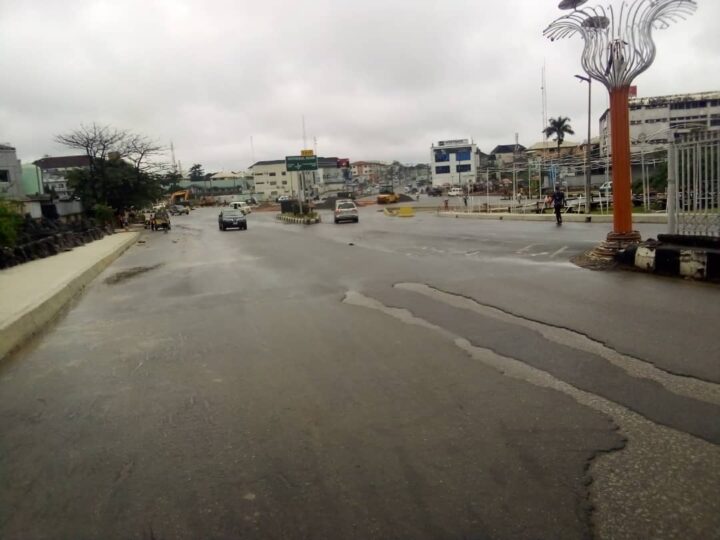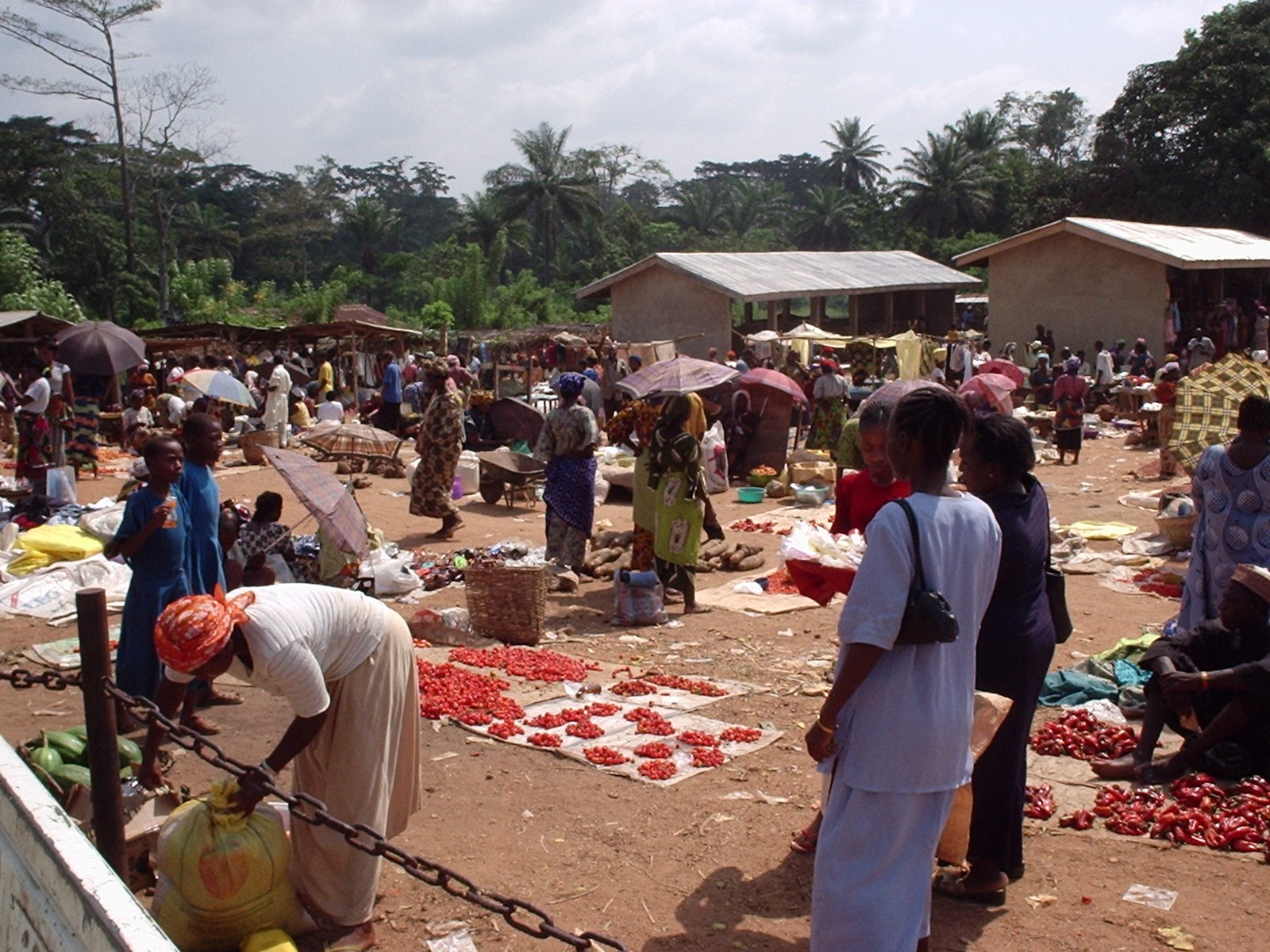The sit-at-home order of the proscribed Indigenous People of Biafra (IPOB) in the south-east has been effective due to fear of attacks and sympathy for the group’s cause, according to a report by SB Morgan (SBM) Intelligence.
The report said it is unclear whether the level of compliance is a reflection of the group’s acceptability, considering the level of violence witnessed in the region.
On August 9, IPOB started the enforcement of a lockdown every Monday until Nnamdi Kanu, its leader, is released.
The sit-at-home order is to protest the arrest and detention of Kanu.
Advertisement
On August 13, the group announced the suspension of the order and modified it to whenever Kanu appears in court.
Despite the suspension, the majority of south-east residents still observe the order.
To ascertain the impact on the region, SBM Intelligence carried out a survey between August 20 and 26 among 1000 respondents in the region.
Advertisement
The survey found that 464 respondents were more supportive of the sit-at-home action, 312 respondents were less supportive, while 233 respondents were lukewarm.
It was also discovered that more than half of the four age ranges — 18-30 years, 31-40 years, 41-50 years and older than 50 — admitted to having their productivity affected by the action.
“The responses showed a split population, with 464 respondents more supportive of the sit-at-home action, and 312 less supportive. 233 (23%) were lukewarm towards it. At the extreme ends of the spectrum, 29% are in full support, while 25% are not in support. Interestingly, five respondents opted not to answer this question at all, and all five refused to be drawn on an answer,” the report reads.
“The effectiveness of the sit-at-home order in the various states might be as a result of the use of force by IPOB in enforcing it, particularly in Imo State which saw an increase in violence in the months leading up to the sit-at-home order.
Advertisement
“Although IPOB has refused to take responsibility for any of the attacks on police stations, paramilitary agencies and individuals including the murder of former presidential aide Ahmed Gulak, the government has continued to blame the attacks on them.
“IPOB’s popularity in the south-east has been the subject of debate, as some believe that the group’s resort to violent tactics is serving to increasingly alienate them from people in the region. Even the group itself is no longer speaking with a single voice as evidenced by the fact that despite Emma Powerful’s statement ending the sit-at-home on 14 August, almost a month later, some people are still violently enforcing it.
“In March, an SBM report showed that there are various factions within the group. This is in addition to several other groups such as the Biafra Zionist Movement who have divergent approaches towards the same goal of establishing a separate and sovereign country called Biafra.
“Analysts resident in the region have told us that compliance should be seen as a combination of factors, most of which are public sympathy for the secessionist cause, consideration of personal safety and security in response to violent clashes between IPOB and security agents, as well as the group’s resort to brutality as a means of enforcement. They also believe that these factors at best contributed in no small measure to the “success” of the sit-at-home order.”
Advertisement
Dave Umahi, Ebonyi state governor, had on Monday said residents of the region are adhering to the sit-at-home order out of fear.
“You know, the easiest thing to do is to carry a weapon and kill somebody, and that’s what happened in the past,” the governor had said.
Advertisement
“And that’s why, you know, some people in the south-east are afraid of coming out. So it’s not a question of compliance. It’s a question of fear.”
The governor said south-easteners, who are mostly into trade and commerce, do not like to “miss a day of work”, warning that if the situation persists, it may affect the economy of the region.
Advertisement
Add a comment






